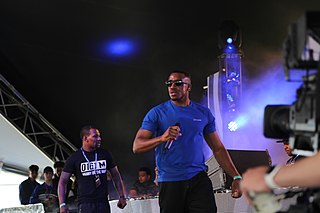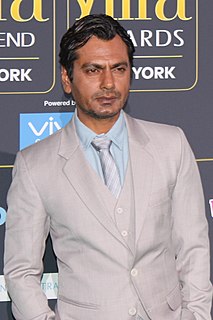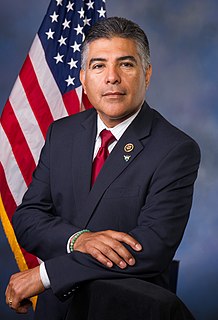A Quote by George Gissing
Money is time. With money I buy for cheerful use the hours which otherwise would not in any sense be mine; nay, which would make me their miserable bondsman.
Related Quotes
In my opinion, the greatest misconception about the market is the idea that if you buy and hold stocks for long periods of time, you'll always make money. Let me give you some specific examples. Anyone who bought the stock market at any time between the 1896 low and the 1932 low would have lost money. In other words, there's a 36 year period in which a buy-and-hold strategy would have lost money. As a more modern example, anyone who bought the market at any time between the 1962 low and the 1974 low would have lost money.
There are simple things which would make sense. Take, say, weatherization, which would make a big cut in the unemployment rate. That's the kind of work that plenty of people are quick to do, and it would save individual households money, and it would make a significant reduction in the threats of climate change. But something is holding it back: the sociopathic character of market systems.
It was actually books that started to make those pockets of freedom, which I hadn't otherwise experienced. I do see them as talismans, as sacred objects. I see them as something that will protect me, I suppose, that will save me from things that I feel are threatening. I still think that; it doesn't change. It doesn't change, having money, being successful. So from the very first, if I was hurt in some way, then I would take a book -- which was very difficult for me to buy when I was little -- and I would go up into the hills, and that is how I would assuage my hurt.
To walk in money through the night crowd, protected by money, lulled by money, dulled by money, the crowd itself a money, the breath money, no least single object anywhere that is not money. Money, money everywhere and still not enough! And then no money, or a little money, or less money, or more money but money always money. and if you have money, or you don't have money, it is the money that counts, and money makes money, but what makes money make money?
You can’t buy that kind of empowerment. To just know that as far as you are aware, you have not got a price; that there is not an amount of money large enough to make you compromise even a tiny bit of principle that, as it turned out, would make no practical difference anyway. I’d advise everyone to do it, otherwise you’re going to end up mastered by money and that’s not a thing you want ruling your life.
Who would you trust right now? Which bank would you trust? Which investment would you trust? Do you really want to put your money; do you want to suffer more of these losses that we just had? You know, these volatility that we see is just unexplainable by any rational standards. Nobody has any clue about how to explain this, and nobody wants to experience that. So, we hold more money back, we don't necessarily want to invest in the market and by default, people are saving more.
When I received the Nobel Prize, the only big lump sum of money I have ever seen, I had to do something with it. The easiest way to drop this hot potato was to invest it, to buy shares. I knew that World War II was coming and I was afraid that if I had shares which rise in case of war, I would wish for war. So I asked my agent to buy shares which go down in the event of war. This he did. I lost my money and saved my soul.







































